Why Not Punish?
Why don’t Peaceful Parents use “consequences” (i.e. punishments)?
The essential difference between what I refer to as “mainstream parenting” and “peaceful parenting” is this:
Mainstream parenting advocates for using punishments when children ‘misbehave’, in order to deter such behavior in the future (alongside praise and rewards to ‘reinforce’ good behavior). Peaceful parenting never does.
Punishment, as defined by google (so sue me) is “the infliction or imposition of a penalty as retribution for an offense”. In other words, the powerful person can inflict some form of pain or suffering on the weaker person, in order to force them into submission. Whenever one person is wielding their power over another, there is disconnection.
At the heart of peaceful parenting lies the belief that our connection with our children is sacred. And that it needs to be protected in order for us to have any influence on them whatsoever. Punishment is always a disconnecting agent.
Think back to a time that you were punished.
I can vividly remember being told to stand in the corner of my 1st grade classroom for talking during class. Clearly the teacher set out to ‘teach me a lesson’. I’d imagine that what she had wanted for me to learn was that talking during class disturbs others from hearing the teacher, and therefore should be avoided. Instead, tears streaming down my cheeks, some of my thoughts went along these lines:
‘This is so unfair.’
‘I am so ashamed.’
‘She is so mean.’
‘I’m so embarrassed. Everyone is looking at me.’
Not once did I think:
‘You know, she’s right, talking during class is disruptive. I shouldn’t have done that. I’ll make sure not to do it again’.
That’s because punishment has a way of creating a self-centered approach that usually falls into two camps:
- Externalizing the punishment
‘It’s not me, it’s them’. ‘I’ll show her.’ ‘Next time you won’t catch me.’ ‘She is so mean.’ ‘She doesn’t get it.’ ‘It’s not fair.’ - Internalizing the punishment
‘I’m a bad person.’ ‘I’m so ashamed.’ ‘I deserve this.’ ‘I’m unworthy.’ ‘I must be unloveable.’ ‘I got what I deserved.’
Either way, someone who is punished is never grateful. Never connected. Never thinking, ‘Hey, thanks for guiding me on ways to handle this better.; ‘Hey, thanks for understanding me.’ ‘Hey, thanks for giving me the benefit of the doubt.’ ‘Hey, thanks for being in my corner.’
Punishment has recently become an unpopular term… too blunt or harsh, perhaps, for our sensitive, millennial ears. But punishment has far from disappeared. It’s simply been reimagined as ‘consequences’. This euphemism covers all forms of punishment (with the exclusion, perhaps, of corporal)… the removal privileges, grounding, time outs and love withdrawal.
But don’t punishments work?
According to the experts, such as Dr. Laura Markham and Alfie Kohn, punishments can work at changing a behavior, but only temporarily, and for the wrong reasons. So a child who is told not to lie because they’ll be punished may stop lying for fear of punishment. They may learn that it doesn’t serve their best interest to get caught in a lie – so they had better quit it – or become a better liar.
Conversely, when a child is taught not to lie because it diminishes trust in a relationship, they’re far more likely to stop lying because they care about building trust.
What about Natural Consequences?
The only exception to this rule, that I can think of, is “natural consequences”. And, when handled with care, I think natural consequences can probably be relied upon as an important teacher for both parent and child.
Natural consequences occur when the parents do nothing, and the situation unravels naturally.
You forgot your jacket – you got cold.
You left your bike outside – it rusted.
You hit your baby brother – he cried.
You stayed up late – you were tired.
Often kids simply need to learn their own lessons – with their parents firmly in their corner, ready to empathize and support – without stepping in to rescue.
And other times, they need rescuing. Kids brains are simply not as developed as adults and they cannot always make the action-consequence connection.
So if your 4 year old forgets his jack, rather than the “tough love” approach of – “suck it up and learn from this for next time” – you might want to step in and “save” him. Consider, if a friend of yours forgot their jack and was cold – would you share your scarf? Would you turn around and go back to get the jacket?… That’s what we do for someone we want a good relationship with, someone we care about… why not with kids?
Ultimately, whether or not you allow natural consequences to teach your kid a “lesson” will come down to intuition and temperament, what works for you and your child in the unique situation. But even when we do allow them to bear the brunt of their mistakes, we can keep the relationship in tact by being unconditionally there for them.
So what… if not punishments?
Then what?
If I can’t take away the iPad, ground them, put them in time out, how can I modify their behavior?
The answer is never a simple, clear cut tactic you can deploy. And that is the hardest part about being a peaceful parent.
Rather it’s about the relationship: compromise, negotiation, explanation, guidance. These are the tools peaceful parents have at their disposal. Alfie Kohn calls it “working with” rather than “doing to”.
We need to remind ourselves that at their core, our kids want harmony with us. If they’re ‘misbehaving’ there’s a good reason why and we (hello, sherlock) need to find it and address it.
Do you avoid punishments in your home? How about natural consequences? What do you “do” instead?

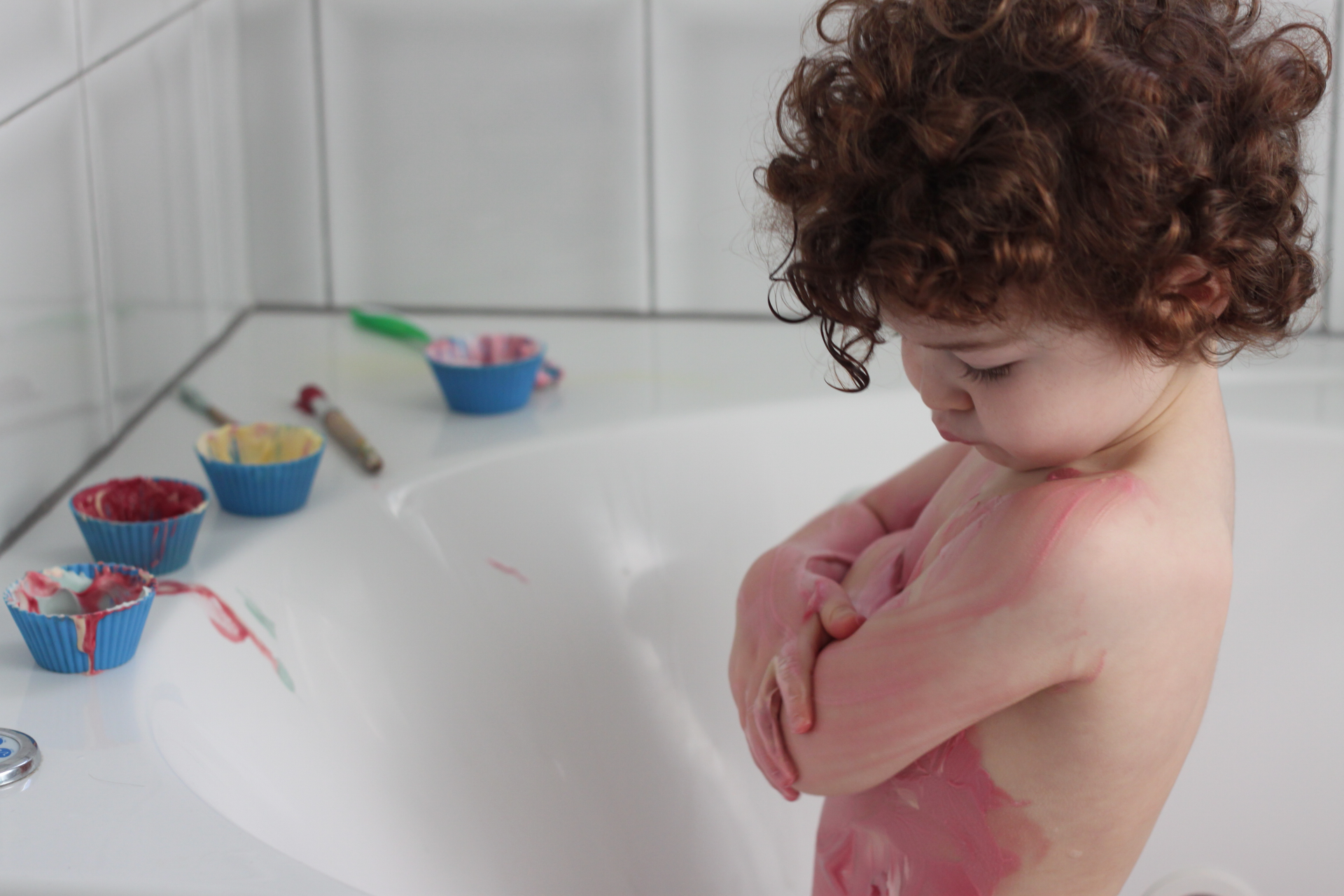


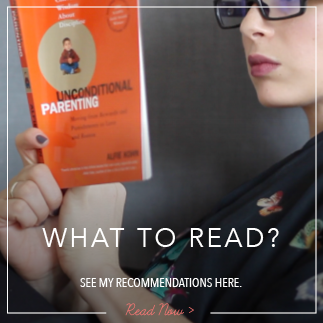
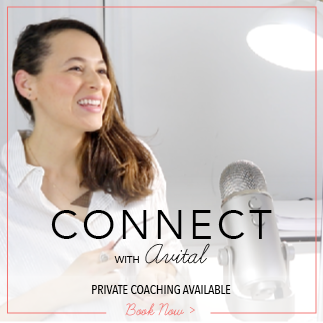

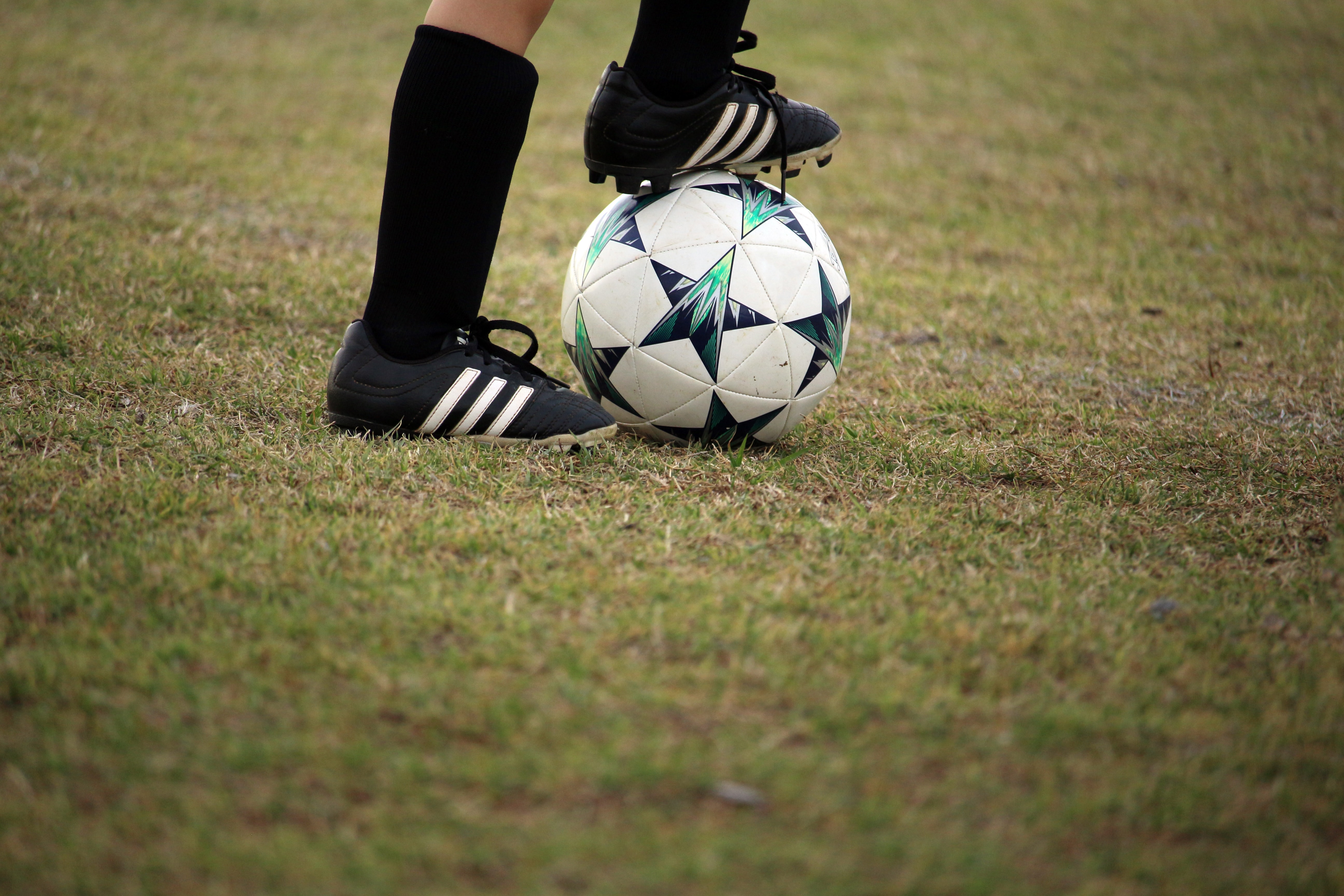
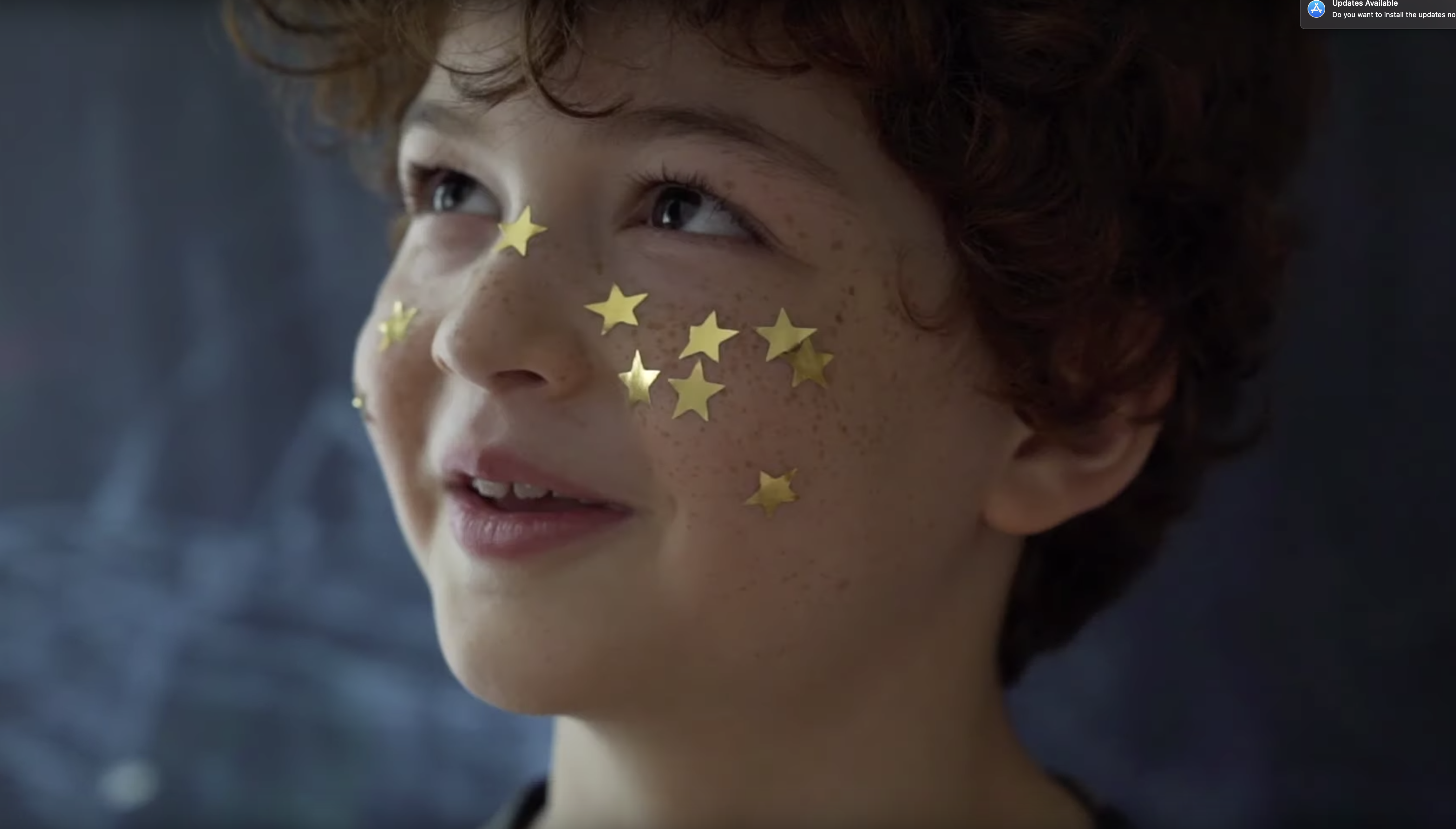
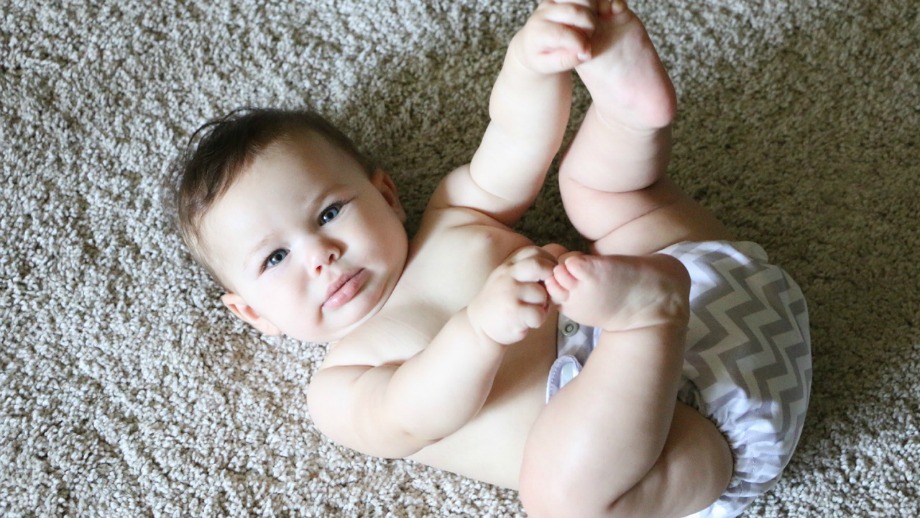
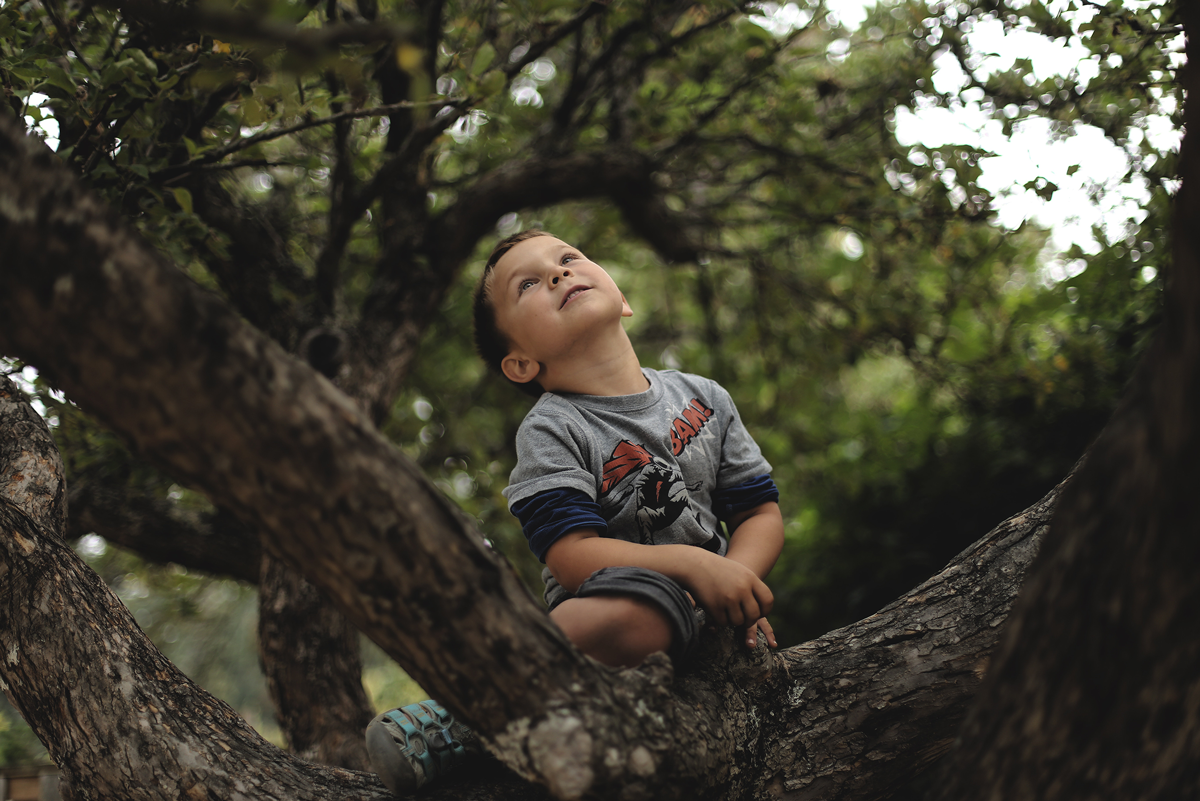
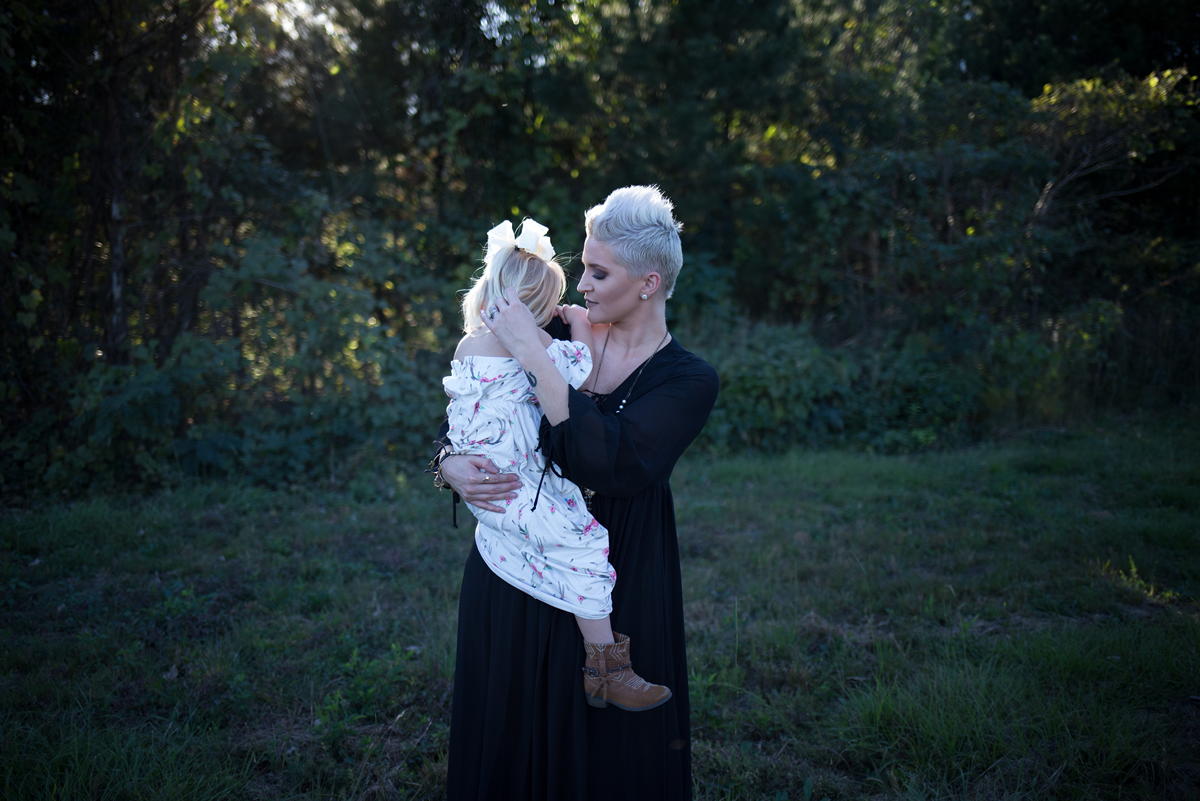

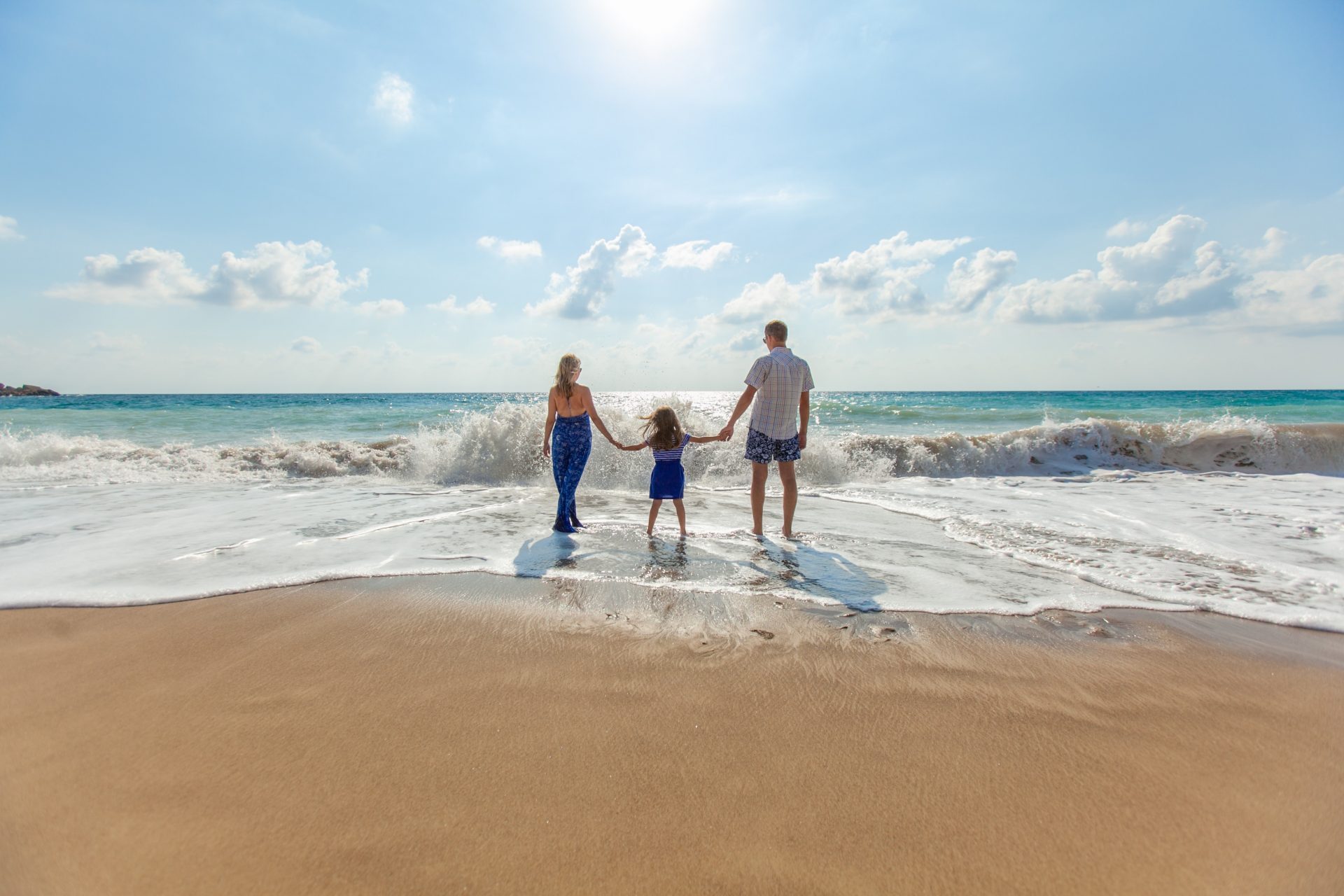

I think I have a good general understanding of natural consequences versus punishment. In this occasion I am stuck though.
My four (nearly five) year old was in the shower with me. We had a few games of nots and crosses drawing on the steamed up shower door. She’s usually very good and most of our games were a draw. But then my daughter lost twice in a row. She suddenly got very upset and took it out on the door, opening it in such a way that it came off its hinges and the roller mechanism broke. As she realised what had happened she apologised and started crying. This is not the first time that she “destroys” something out of rage and we repeatedly explain that we have to look after our environment and ask if there’s something she wants to share that’s making her angry or frustrated, etc. So connection is our response, but today I do wonder if, as part of the consequences, she needs to understand that things will need repairing and this costs money. Would saying no to an ice cream or a treat in the next few days because we need to save up to fix the door be a punishment?